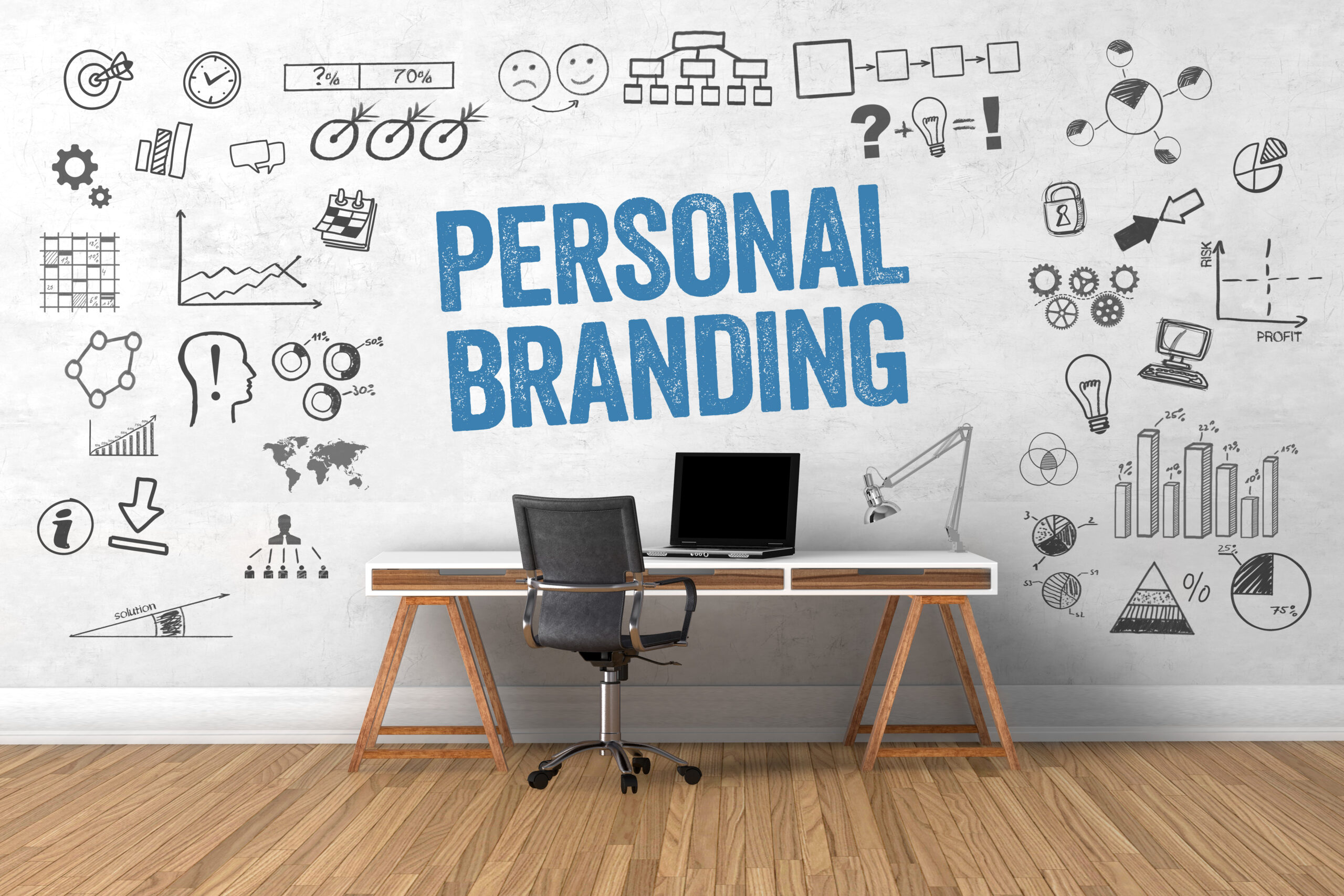Public Relations: How to build a personal brand
Public Relations: How to build a personal brand
By Ellen Keiley
Many lawyers do not have a clear concept of a “personal brand.” Essentially, a personal brand is the professional image an attorney projects and the way that image is perceived by others. Everyone has a brand whether they realize it or not. Attorneys develop strong brands by doing excellent legal work, acting with integrity in all situations, developing areas of expertise and then marketing themselves. Consistent marketing is key.
Visibility is a common trait among well-known lawyers. They are quoted in the media, interviewed as experts and write practice-based and timely articles that are published in legal and other respected publications. Media appearances contribute to building a personal brand, which is a useful tool in attracting clients.
Before investing the time and effort to build a brand, be certain your law firm leaders are on board. In most firms, management is supportive of attorneys who want to stand out, because leaders understand that the media and public attention benefits the firm in terms of name recognition, goodwill and new clients. For those reasons, firms often encourage attorneys to develop a public profile.
Not every lawyer is cut out to create a personal brand. Some attorneys do not like to write or are uncomfortable making public appearances or speaking to the media. Other attorneys would be willing to write or give interviews, but the firm has not asked them to step up. And a number of lawyers just don’t know where to start. In the latter two situations, public relations and marketing professionals can help.
Getting started
As a first step, a good exercise is to self-reflect and identify what you want to be known for, whether it is a specific practice or an unusual niche area. It is also important to be honest about whether you do what you say you are going to do. Do you show up to meetings on time? Do you get back to people in a timely manner? Those are examples of factors that play a role in a positive or negative personal brand.
Next, hone in on the message you want to convey. Are you the super intellect, the common sense or creative problem solver, the clear-eyed strategist, the lawyer next door? Your appearance, demeanor, writing and interactions will reflect that message.
Get a decent photo. Have a few different headshots to send to publications and use on the firm’s website.
Start building your profile by sharing your expertise. Look for opportunities to write articles in respected publications, including bar journals, legal blogs and practice area newsletters. Those articles can also be cross-posted on the firm’s website, and expanded or repurposed for future assignments. Keep at it. The more you publish, the more your byline and your expertise become familiar.
Get to know reporters who cover your field and offer to be a resource. Be willing to provide background information or explain a legal concept or law firm practice, without being named in a story. Establishing trust with reporters and editors lays the foundation for them to reach out for on-the record comments at a later date. Eventually you may become a go-to expert or the subject of an interview.
Professional organizations are a good way to get involved and meet potential clients and other lawyers who can make referrals. Get out of the office and away from Zoom, and show up to an event in person. Volunteer to be a keynote speaker, to introduce the speakers or help in some other way with the event. Be sure to mingle and let people know who you are and what you do.
All of these practices contribute to shaping your brand.
Young lawyers have told me they don’t need to engage in marketing activities at this point in their careers because their network does not include more senior attorneys who can hire or recruit them. That is absolutely not the case.
First, a lawyer at any level can refer work to partners in their firms or lawyers outside the firm. I’ve known lawyers who have been contacted out of the blue by potential clients after they published an article. Second, it is never too soon to start building a personal brand and referral network. Time and time again, I see new partners struggle because they have not invested in the writing, speaking and networking that helps them build a brand, and they are lost for how to bring in business. They have to start from scratch. That is not a good position to be in.
Personal brand building is a continuous process that takes focus and effort. Be active and intentional about it, and it will pay off by providing a competitive advantage over other lawyers in the marketplace.
![]() Ellen M. Keiley is president of EMK Consulting Group, which offers public relations, business development coaching and training for law firms and other professional services firms. She can be contacted at [email protected].
Ellen M. Keiley is president of EMK Consulting Group, which offers public relations, business development coaching and training for law firms and other professional services firms. She can be contacted at [email protected].
Share this story, choose a platform
Brought to you by BridgeTower Media
Free Weekly Newsletter
Recommended content
Cybersecurity: The risks and rewards of harnessing AI for legal practice management
Cybersecurity: The risks and rewards of harnessing AI for legal practice management By Carl Mazzanti Artificial intelligence (AI) is revolutionizing [...]
5 reasons lawyers should read for pleasure this summer
Taking these suggestions might help lawyers find some relaxation and new ways of looking at life that will enhance their [...]
Why clients don’t refer to you even when they like your work
Among the reasons that satisfied clients don’t make referrals is because you fail to ask them to do so. Read [...]
Don’t be a victim of your own decision-making
Most legal career stagnation is due to the cumulative effect of making choices that prioritize short-term comfort over long-term professional [...]






